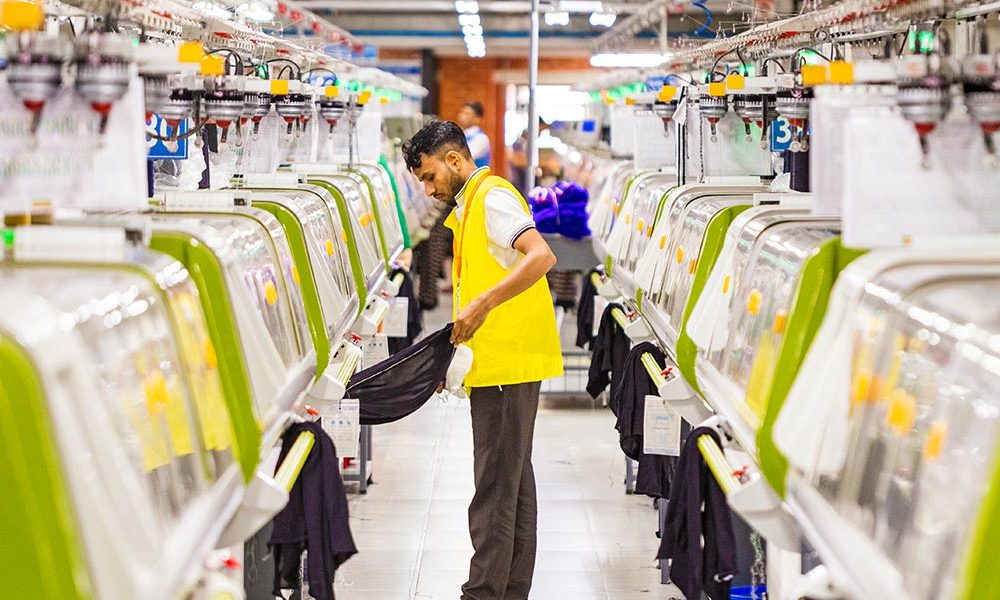
Suppliers
The condition for cooperation with suppliers is their compliance with the rules of safety, care for the environment, as well as the provisions of the conventions of the International Labour Organisation and the Universal Declaration of Human Rights.
The LPP Code of Conduct

“The LPP Code of Conduct” is a document taking into account the provisions of the International Labour Organisation conventions and the Universal Declaration of Human Rights and defining the conditions our suppliers are strictly obliged to observe in order to do business with LPP.
The rules it contains cover such areas as:
The need to have an appropriate remuneration policy and formal conditions of employment for employees
An absolute ban on the employment of children
Voluntary work
Freedom of association
Equal treatment of all employees
Health and safety standards
In addition to the need to comply with the LPP Code of Conduct, we control the working conditions of our suppliers by subjecting them to regular audits carried out by representatives of our offices, as well as independent auditing companies.

In 2024, we became a member of Cascale, an international non-profit platform providing tools for analysing the environmental and social impact of the value chain. The association aims to change the standards in the textile and apparel industry, so that they are fully compliant with the idea of sustainability and meet regulatory requirements.
The organization uses the Higg FSLM tool, which allows entities in the value chain to assess their own activities. Based on this assessment, they receive points that allow you to track their performance in social and environmental areas, including recruitment and hiring, working hours, wages and benefits, equal treatment and inclusion of employees, health and safety, termination of cooperation, company management systems and commitment to the well-being of people and communities.
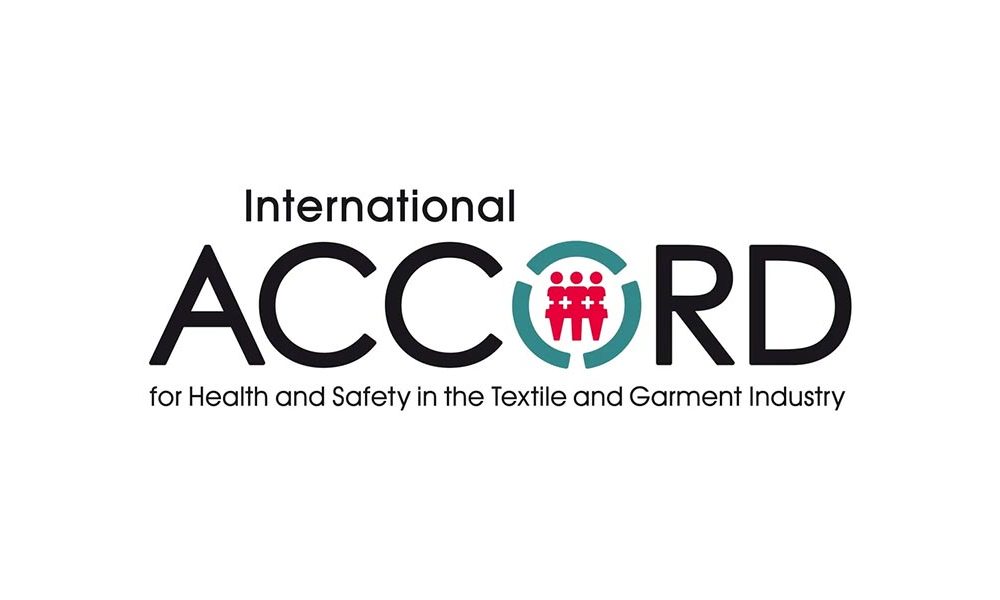
In 2023, as the only Polish clothing company, we joined the signatories of the International Accord Pakistan, aimed at improving safety and working conditions in clothing manufacturing facilities in Pakistan.
The International Accord is an agreement operating on behalf of the fashion industry to improve working conditions. It operates in Bangladesh and Pakistan, aiming for collective actions with trade unions to ensure workplace safety in factories. Over the 10 years of working with Accord in Bangladesh, we have implemented a series of activities to monitor the level of workplace safety in the sewing factories where our collections are produced.
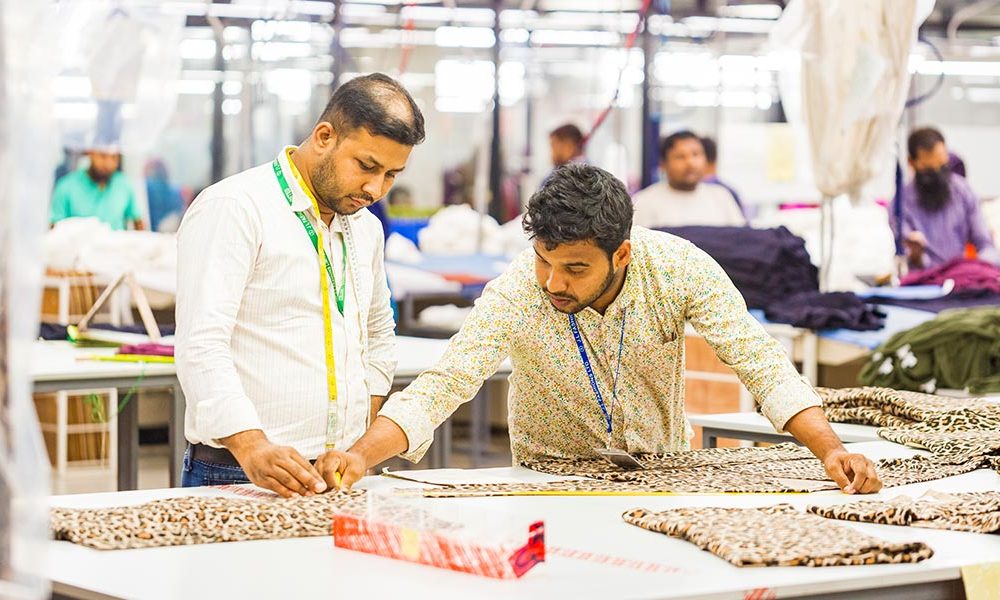
We are committed to ensuring that our suppliers are aware of their workers’ rights, which they should absolutely respect; to this end, since 2018, we have been organising Awareness Day in Asia where we educate suppliers on human rights, labour rights, as we and occupational health and safety principles.
Since 2018, during annual two-day events, representatives from 100 factories in Bangladesh have been trained. In 2023, we expanded the program to include full-day online courses in other production countries. In Pakistan, 72 representatives participated, and in India, 67 individuals representing current suppliers took part in the course.
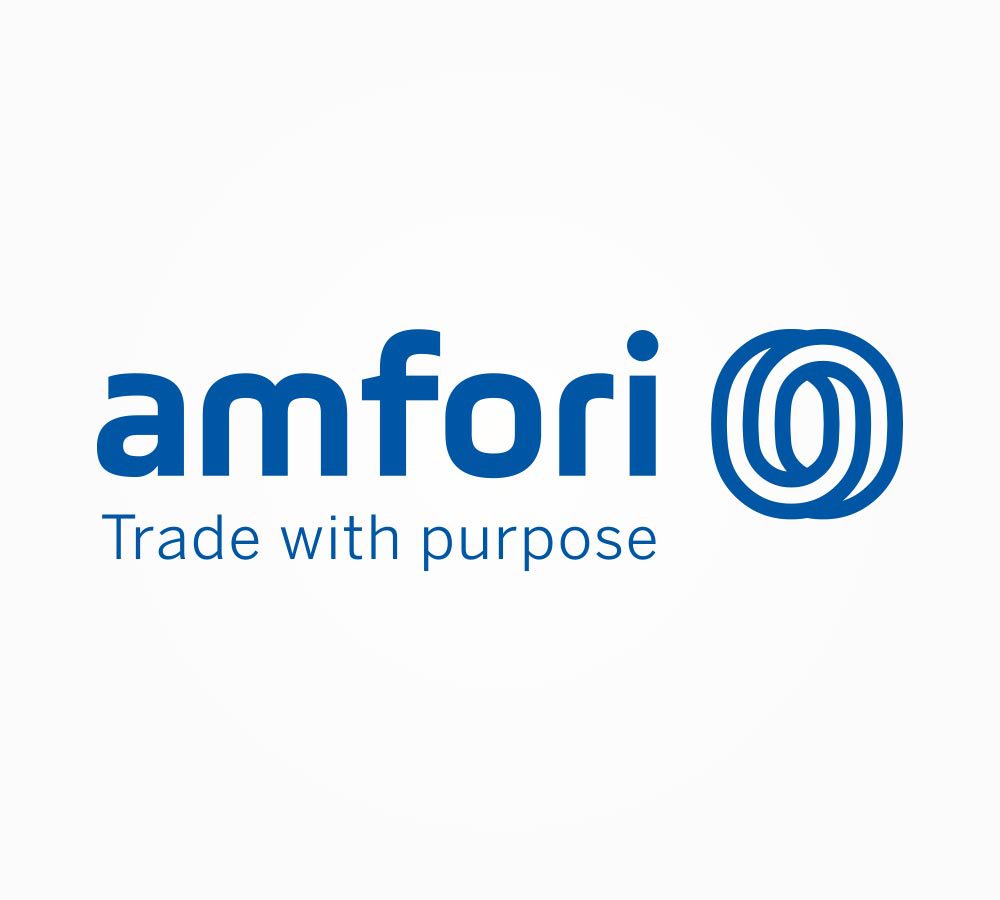
In addition to the inspections conducted through International Accord, we regularly subject factories collaborating with us to social audits. To this end, since 2017, we have been working with SGS, and in 2022 we started working with amfori BSCI, an international association working for more transparent and sustainable trade.
This enables us to monitor factories from a social and environmental perspective. The system assists us in eliminating from our supply chain those entities that do not provide decent working conditions and wages, among other things.
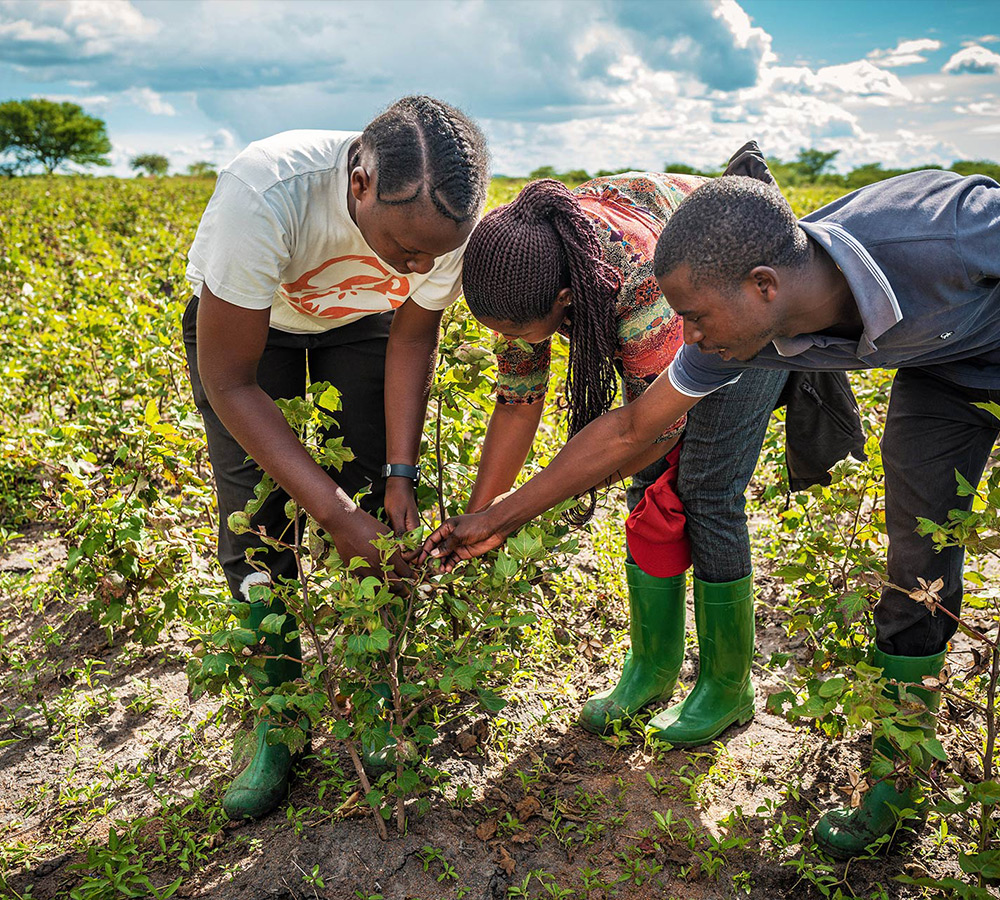
As part of the supply chain, we also take care of the ethical sourcing of raw materials. For example, we are committed to our partnership with Cotton Made in Africa, a standard for cotton cultivation in Africa. This helps us to not only to source raw materials, but also to support local communities.
The funds generated from the paid use of the licence are used to finance training for farmers, improve working conditions and promote gender equality, as well as respect for children’s rights. The funds also cover community projects in the areas of education, health and safety of children, and support for women in the local labour market.
Discover our reports
Here you will find our latest report and all previous publications. Check LPP's progress, learn about our environmental, social and business results.



